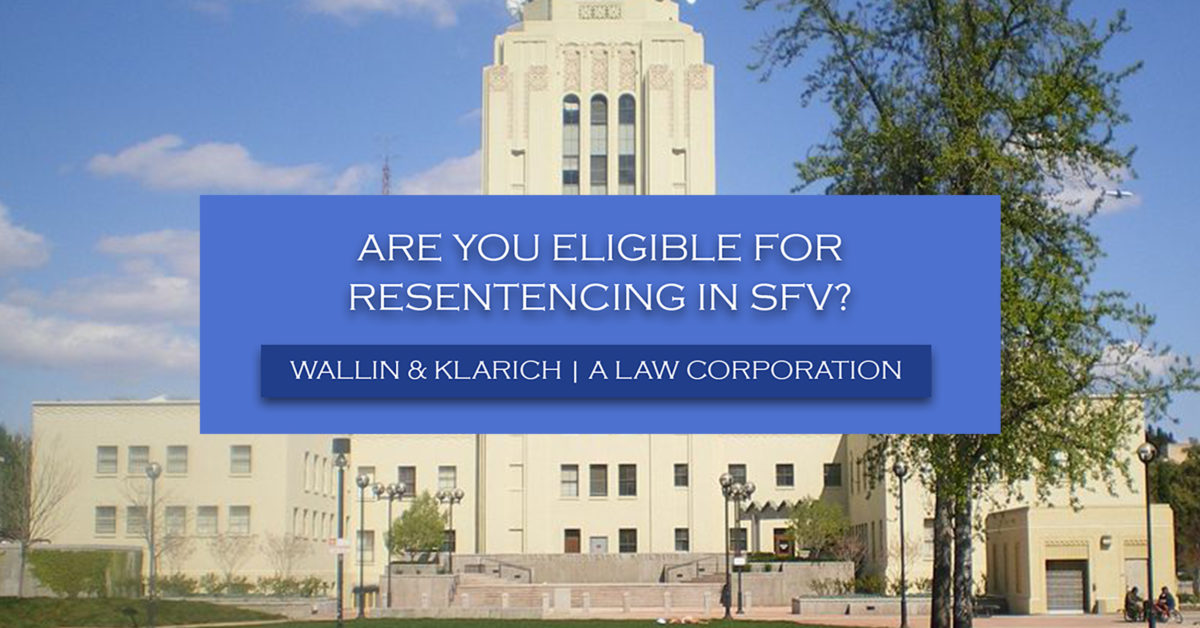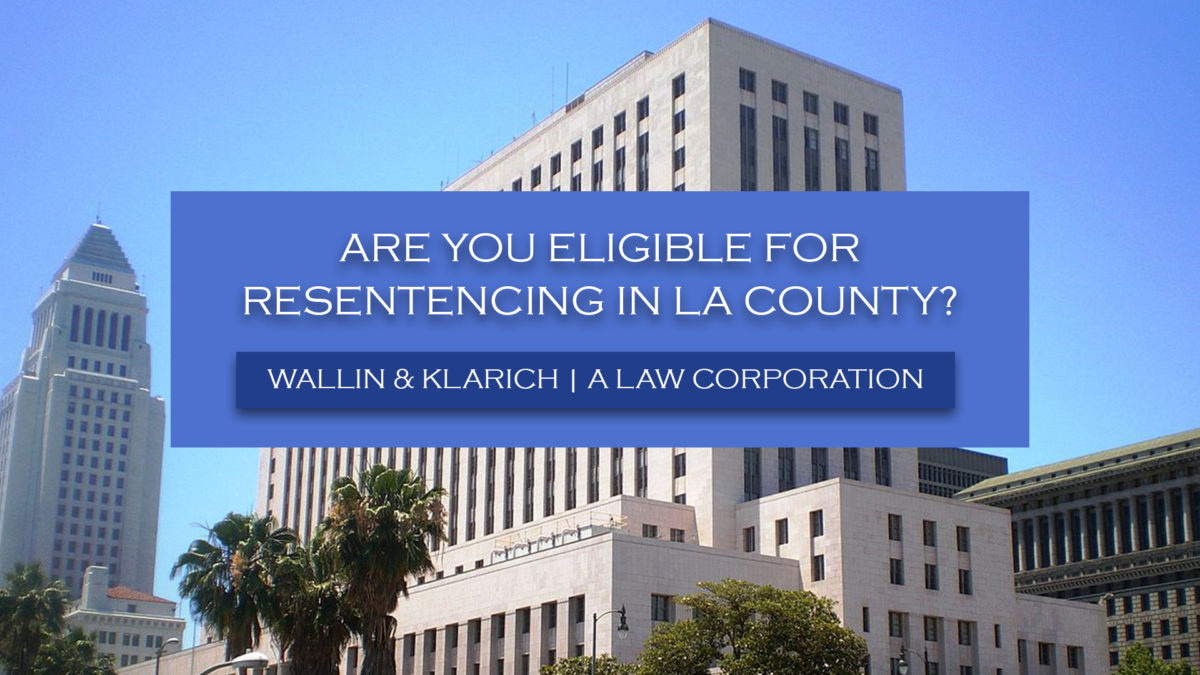The Consequences of School Expulsion
If your child is expelled from school, the consequences are not just having to move to a new school out of the district. It can impact your child long into adulthood. Expulsion carries a stigma that can affect your child’s ability to go to college, obtain a job, and can otherwise significantly impact his or her future prospects.
Suspensions and expulsions are widespread across the country, with estimates for the 2011-2012 school year numbering 3.5 million suspensions and 103,000 expulsions nationwide.
Overview of School Expulsion
Depending on the nature of the act, a recommendation of expulsion may be mandatory or at the discretion of the school administrator. The most egregious violations for which expulsion is required include:
- Carrying a firearm
- Threatening another with a knife
- Selling certain controlled substances
- Sexual assault, and
- Carrying an explosive.
However, expulsion can also be ordered for infractions of a lesser nature including selling “look alike” drugs or alcohol, profanity or “defying” school staff.
An order of expulsion requires that an official hearing be held with the decision determined by the school district governing board, a panel of three appointees and a county hearing officer, or a hearing officer from the Office of Administrative Hearings of the State of California.
Although school expulsion is not a criminal act, it is still important to retain the expertise of an attorney in light of potentially serious repercussions. Wallin & Klarich is one of the only law firms in California with extensive experience successfully representing clients facing school expulsion hearings.
The Controversy around School Expulsion
This disciplinary measure of forced permanent removal from school is highly controversial, particularly when used to punish seemingly minor misbehavior. In one case in Victorville a 10-year-old boy was expelled for bringing a plastic toy gun to school. In another case, a 12-year-old girl was expelled from her school for having too many absences, which was a result of her acute lymphoblastic leukemia.
The “willful defiance” clause in California Education Code Section 48900(k) is criticized for being overly broad. This rationale accounted for 43% of suspensions and 6% of expulsions in 2012-2013, and included infractions such as not submitting homework or interrupting a class. Fortunately, California is already seeing a diminishing number of suspensions and expulsions as a result of changing approaches to discipline and Assembly Bill 420, passed in 2014. The Bill bans the use of willful defiance as a reason for expulsions and for suspensions for students in grades K-3. The Department of Education released figures showing a 15.2% drop in suspensions and 20% in expulsions in 2013-14 over the previous school year.
What Could Happen if Your Child is Expelled From School?
Aside from having to change schools, there are severe consequences for being expelled. Expelled students have a greater risk of experiencing negative outcomes later in life. As a result of drastically interfering with academic performance and the possible referral of the student from school jurisdiction to police authorities, the student may become trapped in what is known as the “school-to-prison pipeline.” This term describes how expulsion as a disciplinary measure pushes at-risk students toward a life of crime and makes them more likely to drop out without graduating high school. Often, the school will turn the student directly over to the juvenile justice system, effectively criminalizing him or her early in life.
Removal from school reduces a student’s engagement with education, and data suggests that suspension and expulsion do little to deter a student from misbehaving anyway. A recent study shows that suspension or expulsion from school increases a student’s chance of being arrested within the same month. If your child is excluded from access to education, he or she has a higher likelihood of incarceration and unemployment.
Will the Expulsion Follow a Student on His or Her Record?
Yes. Under California Education Code 48918(k), a record of expulsion will be kept by the school district and is deemed public information. The expulsion record can also be requested from any school that the student may wish to subsequently apply. This can severely impact the student’s ability to get accepted into an alternate high school, as well as into college. In California, a record of expulsion can be kept on file for an indefinite period of time.
How Can an Attorney Help?

If your child faces a school expulsion, it is extremely important to have an experienced attorney to represent him or her during the hearing. At Wallin & Klarich, our skilled attorneys have experience successfully handling school expulsion hearings in California. Our firm is one of the few law firms that has successfully handled scores of school expulsion cases.
With offices located in Los Angeles, Sherman Oaks, Torrance, Orange County, San Diego, Riverside, San Bernardino, Ventura, West Covina and Victorville, there is an experienced Wallin & Klarich school expulsion attorney available to help you no matter where your child goes to school.
Call us at (877) 4-NO-JAIL or (877) 466-5245 for a free telephone consultation. We will be there when you call.




